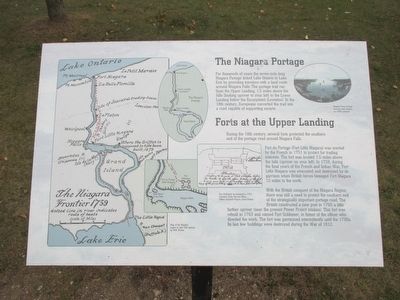Welcome to Millville, New Jersey, a town that tells a tale of industry, resilience, and community spirit. Nestled in Cumberland County, Millville’s story begins in the late 18th century, a time when America was just beginning to find its feet after the Revolutionary War.
The area that would become Millville was originally inhabited by the Lenape people. European settlers began arriving in the 1700s, drawn by the Maurice River’s potential for water-powered mills. By 1801, Joseph Buck, a visionary from Philadelphia, saw the potential of this area and bought several hundred acres of land. Buck’s entrepreneurial spirit led to the establishment of a mill complex, which laid the groundwork for the town’s future. This initial settlement was aptly named Millville in 1801, reflecting its industrial roots.
As you pass through, imagine the hustle and bustle of the early 19th century. The town’s growth was fueled by the glass manufacturing industry, which became a cornerstone of Millville’s economy. The Whitall Tatum Company, established in the 1830s, was a major glass manufacturer and one of the largest of its kind in the country. Millville’s glass products were renowned, and the industry employed thousands, shaping the town’s identity.
The Civil War era brought both challenges and opportunities. Millville was a Union stronghold, and the local industries played a part in supporting the war effort with supplies and materials. The post-war period saw innovation and expansion, with the advent of railroads connecting Millville to larger markets and facilitating the transport of goods.
One of the notable figures in Millville’s history is Maurice River’s namesake, Captain Joseph Buck, who was instrumental in the town’s early development. Another key figure is Charles K. Landis, who founded the nearby town of Vineland and had significant influence on the region’s agricultural expansion.
Throughout the 20th century, Millville adapted to the changing economic landscape. While the glass industry waned, the town diversified its economy, embracing new industries and maintaining its charm. Today, Millville is known for its vibrant arts scene, highlighted by the Glasstown Arts District, which pays homage to its glass-making heritage while fostering a community of artists and creatives.
As you end your tour, reflect on how Millville’s legacy is one of adaptation and community strength. From its industrial beginnings to its current status as a hub for the arts, Millville continues to evolve, honoring its past while looking toward the future.



